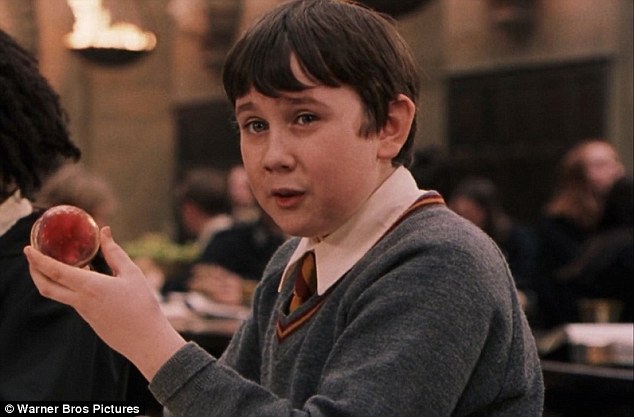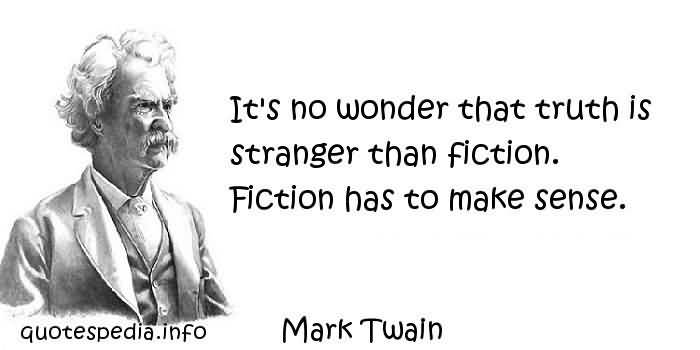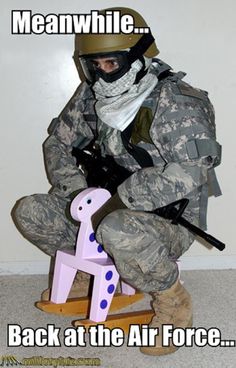>> Drafts <<
Chapter 1: OC Tutorial
Load Full Story Next Chapter"So, you can kill a man, and take a machete like a champ. A concrete block can do that! But you can't kick one out of a moving truck and call that a character arc!" — Zero Punctuation reviews Tomb Raider (2013)
OC are hard to make in fanfiction. Sure, completely original fiction is harder because you need to make lots of original things, but in fanfiction, the Original Character is probably one of the hardest things to do.
Alright. Sit down, shut up or prove me wrong, because I have only a vague idea of what I'm doing. This is a tutorial. A walkthrough. Half-lesson, half example, and probably dumb idea.
Let's make an OC.
#1: What Are You Writing?!
Start here. Not "who are you writing," What. Adventure? Drama? Shameless wish-fulfillment? Clop?
Where is your story going? Where is your story going to stop? What is the final, satisfying and powerful ending sentence of your story going to be before you center-justify and paste in that pretty end graphic?

Like that. But hopefully smaller and less ostentatious.
Last Straw sits down to start writing his novel. He knows he wants to tell an adventure story, and end with the hero rescuing his True Love Princess Starry Moon and flying away with her into the morning light.
Once you have a ending, you have a lot of what you need. now, big thing you probably already half-answered: who's ending is it?
Your hero. Not the one you introduce in the first chapter. The one who gets the ending. It can be a hard thing to wrap your head around, but once you get it you can really make amazing characters.
Straw thinks for a second and decides simply that he's telling a classic story. His hero, Steelwings, is going to be a skilled pegasus warrior with the scars of many battles. He dances around battlefields and ballrooms with equal ease. Simple. Awesome. Sure to get the colts for the cool and the mares for the sexy-looking cover. He's gonna be a bestseller.
Alright. You have an ending. It might change, but you have a solid goal to go for.
Now, I like to jump all the way back to the beginning. Introduce the new character, but this is where you make them flawed. Relatable.
Human.
Yes, I get that we're usually writing fanfics about ponies, but good characters are human in the literary sense of the word. They don't spring fully-formed from your skull onto the pages. Good characters live, breath, have had lives, have grown up and gotten older and laughed and cried. Then we meet them and watch them change more. They don't start in the same state they finish in. Introduce us to someone we want to meet, watch and follow.
After some consideration, Straw decides to make Steelwings fairly normal to his audience. Steelwings is, at the beginning of the story, an underpaid guard for the Monocle Society Clubhouse, a fancy fictional establishment and most certainly not The Tophat Circle of Gentlecolts with a thin coat of paint. He's a good employee, rather over-trained by his eccentric boss, but has gotten in trouble for reading cheap romance novels on-duty. He lives with his mother to deal with the costs of living in Canterlot, and he loves her but she drives him nuts.
Now, sometimes the character that walks into a story and the character that walks out is wildly different. Sometimes they're basically the same. The Luke Skywalker looking out at the sunset from the Beru Moisture Farm was a restless if responsible farmhand. The Luke Skywalker who flew away from the Second Death Star was a Jedi Knight and all-around idealistic badass known around the galaxy. Is that a huge, seemingly insurmountable change? Yes.
If you didn't know what was in between it.
Change is rarely sudden, and it always has a reason. Start with one character, give them the bare minimum they need to be able to make it through the story. They'll get there, you can make them. Luke is a good pilot, and possibly a competent shot since he owns a blaster rifle, and altruistic enough to make sure help can be sent to a stranger who's message he intercepts. Oh, and Force-sensitive, but can't use it. That's all he got! But he learns to use his space-magic, gets military training and experience, and develops until he deserves his reputation, all to fight the Empire. It takes three movies! It takes Harry Potter seven books and eight movies! Hell, remember this twat?

"I've got a dumb face and can't remember why!"
Remember who chopped off the head of a magical anaconda and brought a sword to a Killing-curse fight!? He didn't get there overnight.

"I've killed fifteen people today, and that was after they lit me on fire and I started counting."
Point is that the story will change the character in steps and jumps, but a story that leaves the character the same throughout is basically Twilight. There is no development there.
Plot makes goals, goals push characters, characters push plot and round it goes. Time to fill in the puzzle pieces.
Last Straw starts to think about his plot. He has a goal: rescuing the Princess, and a point A and point Z for his protagonist. Now he needs to get Steelwings from a bored bouncer to what he wants.
He decides a brazen kidnapping by a crime syndicate would kick things off nicely. From there, Steelwings takes it on himself to investigate, discovering the corrupt police and corruption throughout the city. His textbook training and weak sparring quickly gets honed by experience, and he discovers a talent for soldiering through injury. Layer by layer, his stubborn drive brings him closer to rescuing the damsel!
An important part of any story is keeping the hero challenged, and the most natural way to do that is themselves.
This will be frustrating to you, the author. It sucks to make your character fail.
Let it go.
Real people make bad decisions. You started writing fanfiction. I started drinking. Going to 4chan. Russia invading Simo Häyhä's backyard.
You, as the author of fictional characters, have the power to easily make any character utterly infallible. They can say and do the right thing, and bend every other character and the world to match it.
You are supposed to do that. That's storytelling. But you have to do it to create the illusion of realism. You have to trick the reader into thinking this is a breathing world where these events can happen and are not directed at the whims of your godlike pen.

This guy is smart, so I'm saying what he said so I'm smart too. Flawless logic.
You've probably built flaws into your character. But how many of these flaws actually effect them, in the context of the story? You can call your character shy all you want, but if they happily chat it up with pretty girls three lines after meeting them then that's not a flaw. It's especially not a flaw if this is during a zombie apocalypse and they're more concerned with retaining all their limbs and digits than picking up a date. Flaws aren't flaws unless it's hurting the character, and they need to overcome by eliminating or working around it. A messed-up, dark and sad backstory is nothing unless it is a serious point of the story, not necessarily the character.
By now Straw is realizing Steelwings is more than a little Sue-ish. He needs to be reigned in.
Straw gives Steelwings a handicap: he has a rather long, effeminate mane. This is constantly lampshaded, abused and used against him both comedically and in very serious situations. He's also not the best flyer: his wings are strong and he can keep up with others, but he's terrible at turns, thus preferring to keep all four hooves on the ground.
That being used to make fights more interesting, Last Straw tries to think of a more social issue to influence dialogue scenes. He decides that Steelwings has never really talked to mares, besides his mother and "yes, ma'am" on his job, and got all of his ideas for how to handle it out of bad romance novels. They influence his speech, making female interaction hilariously off-key and it very difficult for him to be taken seriously by mares, a problem when you need information. On top of that, he doesn't have many local friends to turn to and is very bad at convincing anyone to help him.
Steel jots this down on his notes, making sure his editor will get a copy to let him know if it slips his mind. With that, he starts writing.
There's all the little things that come together to make a story, but for a lead protagonist, this is probably covering most of it. Of course other and better authors have different methods, there are exceptions to everything, and it isn't perfect, requiring a good amount of common sense to use.
Remember, as much as you may detail a character, less is more. The less you say, the more you can change later. Just because you came up with it doesn't mean you have to use it, just knowing it's there can influence things in amazing ways. Sometimes you can be quiet with your details, and readers will figure them out if the character is deep and natural enough in their characterization for them to be analyzed, but there isn't anything to discover if you spell it out in immaculate detail.
And that's about that.
This alone will not my your brand-new OC totally-not-a-self-insert good. It's a piece of a greater whole to the art, and like any art the only way to get good is to learn, try and repeat.
Next time from Verbose being Verbose and Shit: research.
I'ma outtie. My people need me.

DISCUSSION: Make a brand new character. Fuck up. Laugh at everyone participating, including yourself.
Next Chapter: 150 People and a Heart-to-Heart Estimated time remaining: 5 Minutes